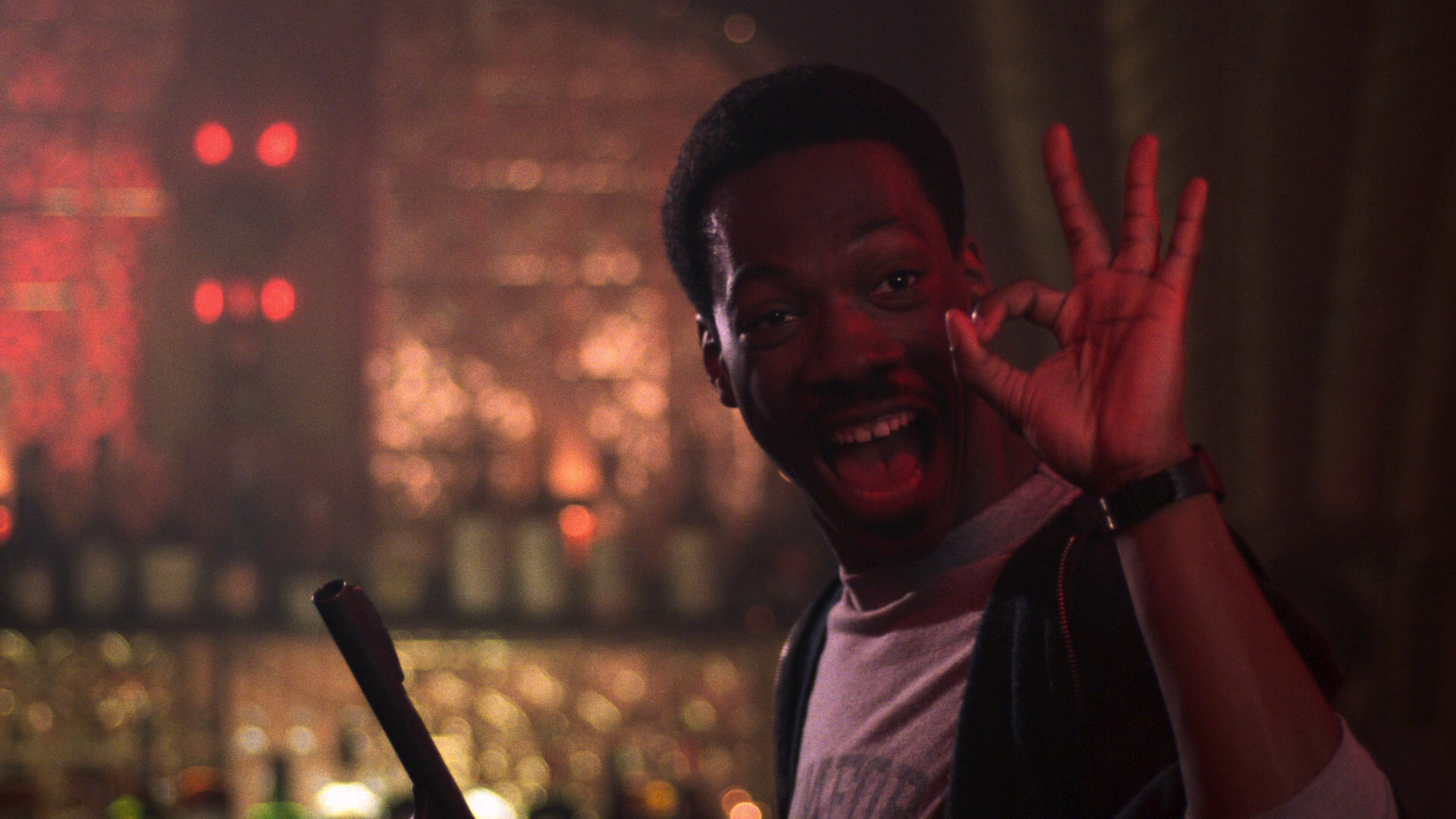**½/****
starring Cillian Murphy, Stephen Rea, Brendan Gleeson, Liam Neeson
screenplay by Neil Jordan and Patrick McCabe, based on McCabe's novel
directed by Neil Jordan
by Walter Chaw It would seem impossible that Neil Jordan could maintain the ebullient energy of Breakfast on Pluto, and sure enough, it peters out somewhere in the film's second hour. But for as long as it lasts, the picture stands as Jordan's most cheerful, mining joy from the resilience of an Irish transvestite in London as he squeezes all of the Irish experience through his insouciant prism. It mixes magic realism with a certain fairytale sensibility that has been the hallmark of Jordan's career (his hero even wakes in a castle at one point), used here as something like a Miltonic homily along the lines of "The mind is its own place, and in itself, can make heaven of Hell, and a hell of Heaven." A film about the influences of religion, fanaticism, politics, friendship, and love on identity, it's also a survey history of the Irish/English conflict from the trippy, mod '60s into the '70s, and, by the end, an actors' workshop on how to build a performance based on quirks into a character based in emotion.
Patrick "Kitten" Braden (Cillian Murphy) is abandoned on the doorstep of Father Bernard (Liam Neeson), grows up miserable in a small Irish town, and then finds himself on tour in England, where he's enlisted to mock his heartbreak before the disinterested audience of a lounge magician (Stephen Rea). Kitten is searching for "The Phantom Lady," his mother, who he's been told looks like Mitzi Gaynor; his romanticization of his quest takes on the burden of being born, like him, under duress and denial. Breakfast on Pluto sits somewhere between the director's The Crying Game and his The Company of Wolves, with our fab protag straying off the path in the urban wood into the arms of wolves played, in one brilliant stroke, by musician Bryan Ferry, remembering that the musician who introduces Kitten to the world (as an Indian squaw, no less) is another musician, Gavin Friday. Music in tension with sudden eruptions of violence, tied together by the steady victimization of Kitten from one haven to the next, makes sense of the key scene of the film, which occurs in a bustling nightclub–and the result of which is that Kitten is arrested as an IRA terrorist.
Something about the way he comes full circle with his parents and finds solace in a room of his own in the process allows Murphy to transcend the camp factor, but only as much as Murphy can anchor the melodrama. When he swoons, it's not to play up the vamp kitsch, but to demonstrate that Kitten is so reliant on the crutch of fantasy that he can't help but fall when it's kicked out from under him. Whatever its myriad faults, Breakfast on Pluto is at least courageous (and curiously on-task) in its recklessness while also offering a dizzy sense of absurdity to the very serious goings-on. A confrontation between Kitten and a pair of IRA toughs is especially affecting, the more so for its proximity to a tragedy that claims a childhood pal obsessed with (and at one point sporting a nifty costume of) Dr. Who's version of the Borg, the remorseless Daleks. Only reality is rude enough to intrude on certain fantasies, and Jordan's picture, a passing whimsy were it not for all the attempted murder, actual murder, terrorism, and sexual victimization, is a Technicolor'd bird, flashed at the ridiculous capriciousness of life and Sartre's other people. Originally published: November 8, 2005.


